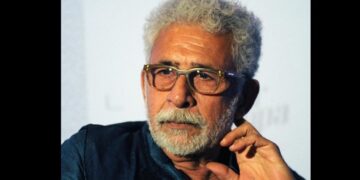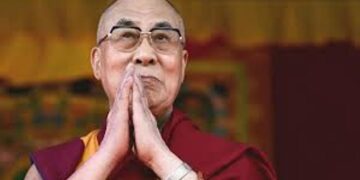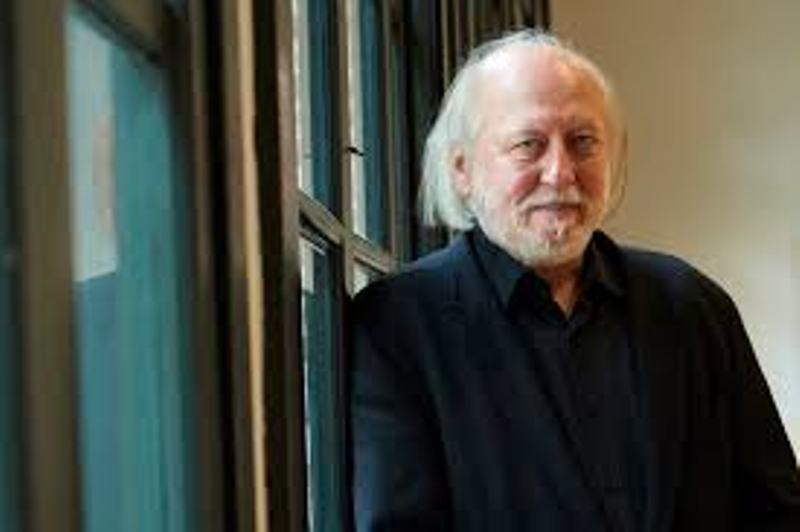The 2025 Nobel Prize in Literature was awarded to the Hungarian author László Krasznahorkai on Thursday (October 9) “for his compelling and visionary oeuvre that, in the midst of apocalyptic terror, reaffirms the power of art.”
The Nobel Prize Committee described Krasznahorkai as a “great epic writer in the Central European tradition that extends through Kafka to Thomas Bernhard, and is characterised by absurdism and grotesque excess.”
László Krasznahorkai was born in 1954 in the small town of Gyula in southeast Hungary, near the Romanian border. A similar remote rural area is the scene of Krasznahorkai’s first novel ‘Sátántangó’, published in 1985 (‘Satantango’, 2012), which was a literary sensation in Hungary and the author’s breakthrough work.
His ‘Herscht 07769’ published this year is described as a great contemporary German novel, on account of its accuracy in portraying the country’s social unrest.
His other notable works include 2003 novel ‘Északról hegy, Délről tó, Nyugatról utak, Keletről folyó’ (‘A Mountain to the North, a Lake to the South, Paths to the West, a River to the East’, 2022), and ‘Seiobo járt odalent’ (2008; ‘Seiobo There Below’, 2013).
‘Seiobo There Below’ is a collection of 17 stories arranged in a Fibonacci sequence about the role of beauty and artistic creation in a world of blindness and impermanence.
In ‘Herscht 07769’ we find ourselves in not a feverish nightmare in the Carpathians but rather a credible portrayal of a contemporary small town in Thüringen, Germany, which is nevertheless also afflicted by social anarchy, murder and arson. At the same time, the terror of the novel plays out against the backdrop of Johann Sebastian Bach’s powerful legacy. It is a book, written in a single breath, about violence and beauty ‘impossibly’ conjoined, the Nobel Committee’s statement said.
ALSO READ: Rupee Rising: India’s Bid for Currency Sovereignty on the Global Stage
Last year, the Literature Nobel was awarded to South Korean writer Han Kang.
The Nobel Prize announcement week kicked off with the Prize for Physiology or Medicine on Monday (October 6), followed by Physics on Tuesday (October 7) and Chemistry on Wednesday (October 8).















